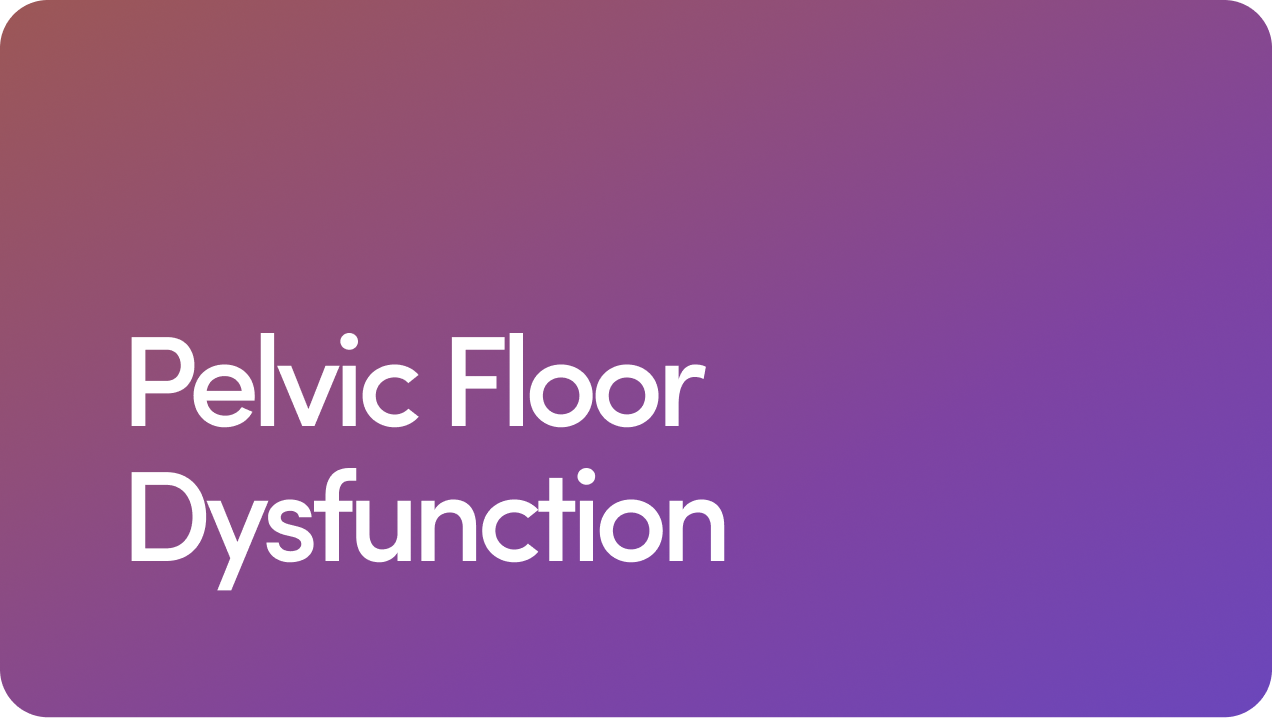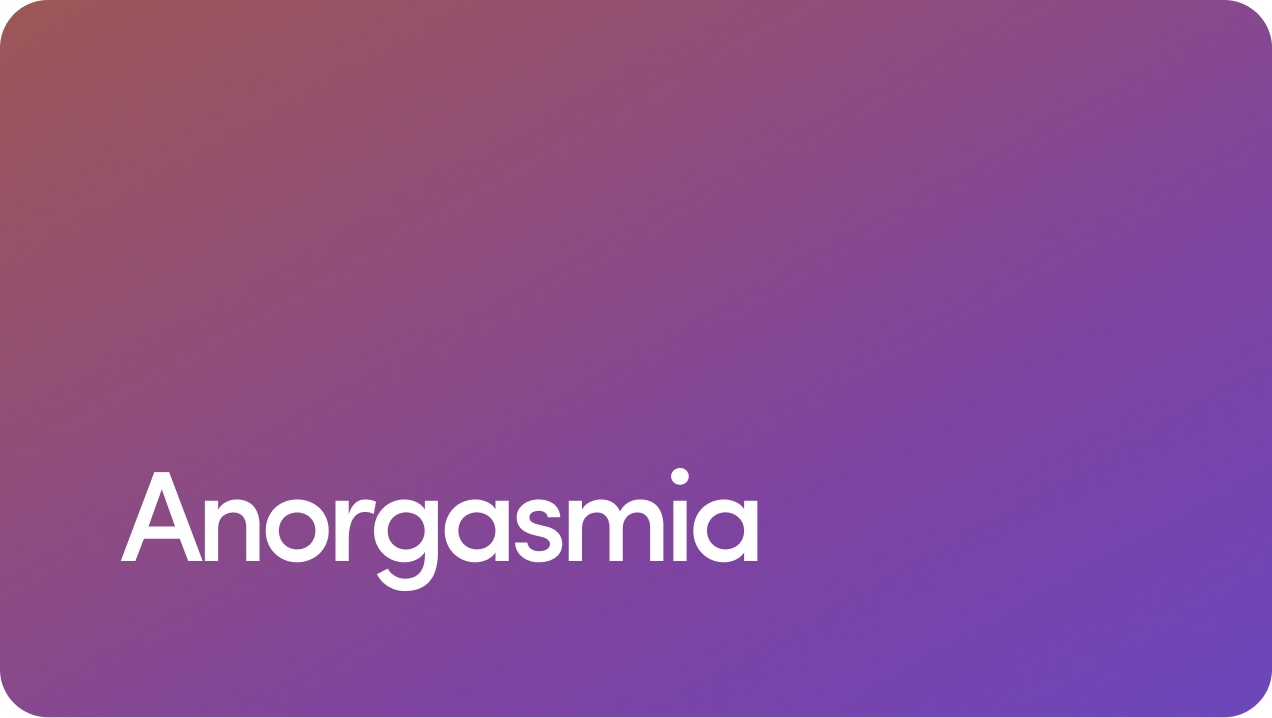Content
Your sex life, your way
Does Drinking Water Help Sexually?

Does drinking water make you last longer in bed? The short answer: It’s possible.
Is drinking water essential for sexual performance, erectile function and orgasms? Another short answer: Yes.
Water is an essential part of your overall health, regardless of what bodily function you’re performing.
Not getting enough fluids can weaken the body’s ability to function at peak performance, so it makes sense that some people wonder whether dehydration can cause ED. Luckily, drinking water is a pretty easy thing to do. We suggest grabbing some while you dig into the details about how the amount of water you consume can affect your intimacy, wellbeing and everything else.
Content
Does Drinking Water Help Sexually?
So, what does drinking water have to do with getting an erection? Well, everything. Water is essential for proper blood flow and proper signaling between your brain and reproductive organs, and water supports libido and hormone activity essential to erections. It may not be the cure, but it’s an essential requirement for healthy erections and great sex.
When you get aroused, your brain sends a signal to the blood vessels in your penis, which increases blood flow. Your blood then rushes into the corpora cavernosa (two long chambers in the shaft), which causes an erection.
If your body isn't functioning correctly, getting an erection can become much more difficult. If you haven’t had enough water and your hydration levels are low, it may impact your bodily functions.
Water plays an essential role in erections, but it is also essential for:
Natural lubrication and preventing vaginal dryness
Ejaculation
Blood volume
Blood pressure
Regulating body temperature
Preventing urinary tract infections
Does drinking water help with erectile dysfunction? It can — if you’re dehydrated.
Staying hydrated by drinking water helps keep your blood and plasma volume high. You need these levels not to be too low to get an erection.
Even if you can get an erection, dehydration may cause you to experience certain symptoms that impact your sexual health and make it tough to get in the mood. These symptoms may include:
Headaches
Fatigue
Low or inconsistent energy levels
Dizziness
Dry mouth
Constipation
Chills
Crankiness
Confusion
Anxiousness
When you drink enough water and are fully hydrated, you don’t have to worry about these dehydration symptoms. You also won’t have to worry about dehydration-induced ED.
How Much Water Should You Drink?
Proper hydration is important for reasons beyond stopping ED, and to avoid dehydration, regularly drinking water is critical. But how much do you really need?
According to the Institute of Medicine of the National Academies, men should aim to drink 125 ounces of water per day. This is approximately 16 eight-ounce glasses of water a day.
Consider this number as a general guideline. There are a number of factors that could alter how much water you should be drinking to avoid dehydration — and the dehydration-induced sexual dysfunction that could result.
For example, your weight can impact your daily water intake needs. Those who weigh more tend to need more water. Your metabolism, activity level, the type of climate you live in and any health conditions you have may also affect how much water you should drink.
You may also need more water on certain occasions, like if you drink alcohol, are sick or are in hot weather.
In addition to drinking plenty of water, incorporating foods that have high water content — like cucumbers, strawberries, iceberg lettuce and zucchini — is a smart move for staying hydrated.
How do you know if you’re well-hydrated? A good way to check is to look at your pee. Darker-colored urine with a strong odor is a sign that you need to be drinking more water.
Ways to Treat Erectile Dysfunction
Does drinking water help sexually? It could, if you’re dehydrated. ED can occur even if you’re getting plenty of fluids, however, and there are many ways to treat it.
If you are dealing with any type of sexual dysfunction, it’s always a good idea to consult with a healthcare provider. They can help you figure out the cause of your ED and develop a treatment option.
A healthcare provider may recommend trying ED medication. One of the more common ED medications is Viagra®, also sold as a generic version called sildenafil.
Sildenafil is in a class of medications called phosphodiesterase type 5 inhibitors. These work by relaxing the smooth muscles in the blood vessels that supply the penis, so you can get adequate blood flow in that area when you are aroused.
In addition to sildenafil, there are a number of other common oral ED medications. They include tadalafil, vardenafil and avanafil.
If your ED isn’t caused by something physical (like low fluid intake), it could be a psychological issue.
Depression and anxiety are two common culprits that can affect your sex drive and function. Therapy may help you cope with the mental health issues impacting your sex drive.
If you are experiencing any type of ED — whether from not drinking enough water or something else — you should make time to speak with a medical professional.
Does drinking water help last longer in bed? Possibly, but only if you do so regularly, getting the right amount each day.
Water is essential for just about every piece of the sexual function puzzle.
Water plays a key role in sexual activity and sexual intercourse, and if you’re seriously or chronically dehydrated, getting your required ounces every day may help with ED.
Dehydration can lead to poor ejaculatory health and poor erectile function, and it can increase your risk of psychological factors associated with ED.
A typical adult male should try to get about 125 ounces of water per day according to one recommendation, though health, climate, elevation and physical activity all affect a person’s needs.
Living with sexual dysfunction doesn’t have to be permanent.. It’s important to get to the bottom of what is going on so that you can go back to a pleasurable sex life.
Hims offers online consultations, which makes it easy to work with a healthcare provider to assess what your ED needs may be.
12 Sources
- Erectile Dysfunction (ED): Symptoms, Diagnosis & Treatment. (n.d.). Urology Care Foundation. Retrieved December 28, 2022, from https://www.urologyhealth.org/urology-a-z/e/erectile-dysfunction-(ed)
- Definition & Facts for Erectile Dysfunction | NIDDK. (n.d.). National Institute of Diabetes and Digestive and Kidney Diseases. Retrieved December 28, 2022, from https://www.niddk.nih.gov/health-information/urologic-diseases/erectile-dysfunction/definition-facts
- Erectile dysfunction - PMC. (n.d.). NCBI. Retrieved December 28, 2022, from https://www.ncbi.nlm.nih.gov/pmc/articles/PMC5027992/
- Erection & Ejaculation: How Does It Work. (2020, November 27). Cleveland Clinic. Retrieved December 28, 2022, from https://my.clevelandclinic.org/health/articles/10036-erection-ejaculation-how-it-occurs
- Yafi, F. A., Jenkins, L., Albersen, M., Corona, G., Isidori, A. M., Goldfarb, S., Maggi, M., Nelson, C. J., Parish, S., Salonia, A., Tan, R., Mulhall, J. P., & Hellstrom, W. J. (2016). Erectile dysfunction. Nature reviews. Disease primers, 2, 16003. Retrieved from https://www.ncbi.nlm.nih.gov/pmc/articles/PMC5027992/
- Dunning, O.N., Fulton, C.A., Tocci, N.D., Mauney, E.L., King, M.H., Morgan, J.E. and Rogatzki, M.J. (2019), Effect of Hydration Status on Plasma and Serum Volume. The FASEB Journal, 33: 593. Retrieved from https://faseb.onlinelibrary.wiley.com/action/showCitFormats?doi=10.1096%2Ffasebj.2019.33.1_supplement.593.10
- Dehydration: Causes & Symptoms. (2021, February 16). Cleveland Clinic. Retrieved December 28, 2022, from https://my.clevelandclinic.org/health/treatments/9013-dehydration
- Fight fatigue with fluids. (2013, November 21). Harvard Health. Retrieved from https://www.health.harvard.edu/healthbeat/fight-fatigue-with-fluids
- Report Sets Dietary Intake Levels for Water, Salt, and Potassium To Maintain Health and Reduce Chronic Disease Risk. (2004, February 11). National Academies. Retrieved December 28, 2022, from https://www.nationalacademies.org/news/2004/02/report-sets-dietary-intake-levels-for-water-salt-and-potassium-to-maintain-health-and-reduce-chronic-disease-risk
- Sildenafil. (2018, January 15). MedlinePlus. Retrieved December 28, 2022, from https://medlineplus.gov/druginfo/meds/a699015.html
- Tadalafil. (2022, February 15). MedlinePlus. Retrieved December 28, 2022, from https://medlineplus.gov/druginfo/meds/a604008.html
- Symptoms & Causes of Erectile Dysfunction | NIDDK. (n.d.). National Institute of Diabetes and Digestive and Kidney Diseases. Retrieved December 28, 2022, from https://www.niddk.nih.gov/health-information/urologic-diseases/erectile-dysfunction/symptoms-causes
Editorial Standards
Hims & Hers has strict sourcing guidelines to ensure our content is accurate and current. We rely on peer-reviewed studies, academic research institutions, and medical associations. We strive to use primary sources and refrain from using tertiary references. See a mistake? Let us know at [email protected]!
This article is for informational purposes only and does not constitute medical advice. The information contained herein is not a substitute for and should never be relied upon for professional medical advice. Always talk to your doctor about the risks and benefits of any treatment. Learn more about our editorial standards here.
Mike Bohl, MD
Education
Bachelor of Arts, Egyptian and Ancient Western Asian Archaeology - Brown University | College, 2011
Doctor of Medicine - Brown University | Warren Alpert Medical School, 2017
Master of Public Health - Columbia University | Mailman School of Public Health, 2018
Master of Liberal Arts, Journalism - Harvard University | Harvard Extension School, 2022
Master of Science, Healthcare Leadership - Cornell University | Weill Cornell Graduate School of Medical Sciences, 2024
Master of Business Administration - Cornell University | Samuel Curtis Johnson Graduate School of Management, 2024
Training
Internship - NYU Grossman School of Medicine | Internal Medicine Residency—Community Health Track, 2019
Medical License
New York, 2019
Certificates & Certifications
Certified in Public Health - National Board of Public Health Examiners, 2018
Medical Writer Certified - American Medical Writers Association, 2020
Editor in the Life Sciences - Board of Editors in the Life Sciences, 2020
Certified Personal Trainer - National Academy of Sports Medicine, 2022
Certified Nutrition Coach - National Academy of Sports Medicine, 2023
Board Certified Medical Affairs Specialist - Accreditation Council for Medical Affairs, 2023
Certificate of Advanced Education in Obesity Medicine - Obesity Medicine Association, 2025
Regulatory Affairs Certification - Regulatory Affairs Professionals Society, 2025
Affiliations & Memberships
Specialties & Areas of Focus
General Practice
Previous Work Experience
Medical Expert Board Member - Eat This, Not That!, 2021–
Director Scientific & Medical Content - Stealth Biotech PBC, 2023–2024
Director, Medical Content & Education - Ro, 2021–2023
Associate Director, Medical Content & Education - Ro, 2020–2021
Senior Medical Writer - Ro, 2019–2020
Medical Editor/Writer - Sharecare, 2017–2020
Medical Student Producer - The Dr. Oz Show, 2015–2016
Research Affiliate - University Hospitals of Cleveland, 2013–2014
Publications & Research
Title: Biomechanical evaluation of a novel suturing scheme for grafting load-bearing collagen scaffolds for rotator cuff repair
Published in: Clinical Biomechanics
Date: 2015
URL: https://www.clinbiomech.com/article/S0268-0033(15)00143-6/abstract
Title: Pelvic incidence and acetabular version in slipped capital femoral epiphysis
Published in: Journal of Pediatric Orthopaedics
Date: 2015
Title: Relationship between pelvic incidence and osteoarthritis of the hip
Published in: Bone & Joint Research
Date: 2016
URL: https://boneandjoint.org.uk/Article/10.1302/2046-3758.52.2000552
Title: Effects of PDGF-BB delivery from heparinized collagen sutures on the healing of lacerated chicken flexor tendon in vivo
Published in: Acta Biomaterialia
Date: 2017
URL: https://www.sciencedirect.com/science/article/pii/S1742706117305652
Media Mentions & Features
Dr. Bohl’s medical expertise is regularly featured in consumer health media:
Eat This, Not That!: Contributor and Medical Expert Board Member on nutrition and wellness topics
The Dr. Oz Show: Behind-the-scenes contributor to Emmy Award-winning health segments
Sharecare: Public-facing health writer, simplifying complex medical issues for millions of readers
Why I Practice Medicine
Dr. Bohl developed a passion for medical content while working at The Dr. Oz Show. He realized that, through the media, he could bring important health information to the lives of many more people than he would be able to working in a doctor’s office.
Hobbies & Interests
Biking, resistance training, sailing, scuba diving, skiing, tennis, and traveling
Related Articles
Related Conditions
 Erectile Dysfunction
Erectile Dysfunction
 Premature Ejaculation
Premature Ejaculation
 Low Testosterone
Low Testosterone
 Retrograde Ejaculation
Retrograde Ejaculation
 Pelvic Floor Dysfunction
Pelvic Floor Dysfunction
 Anorgasmia
Anorgasmia